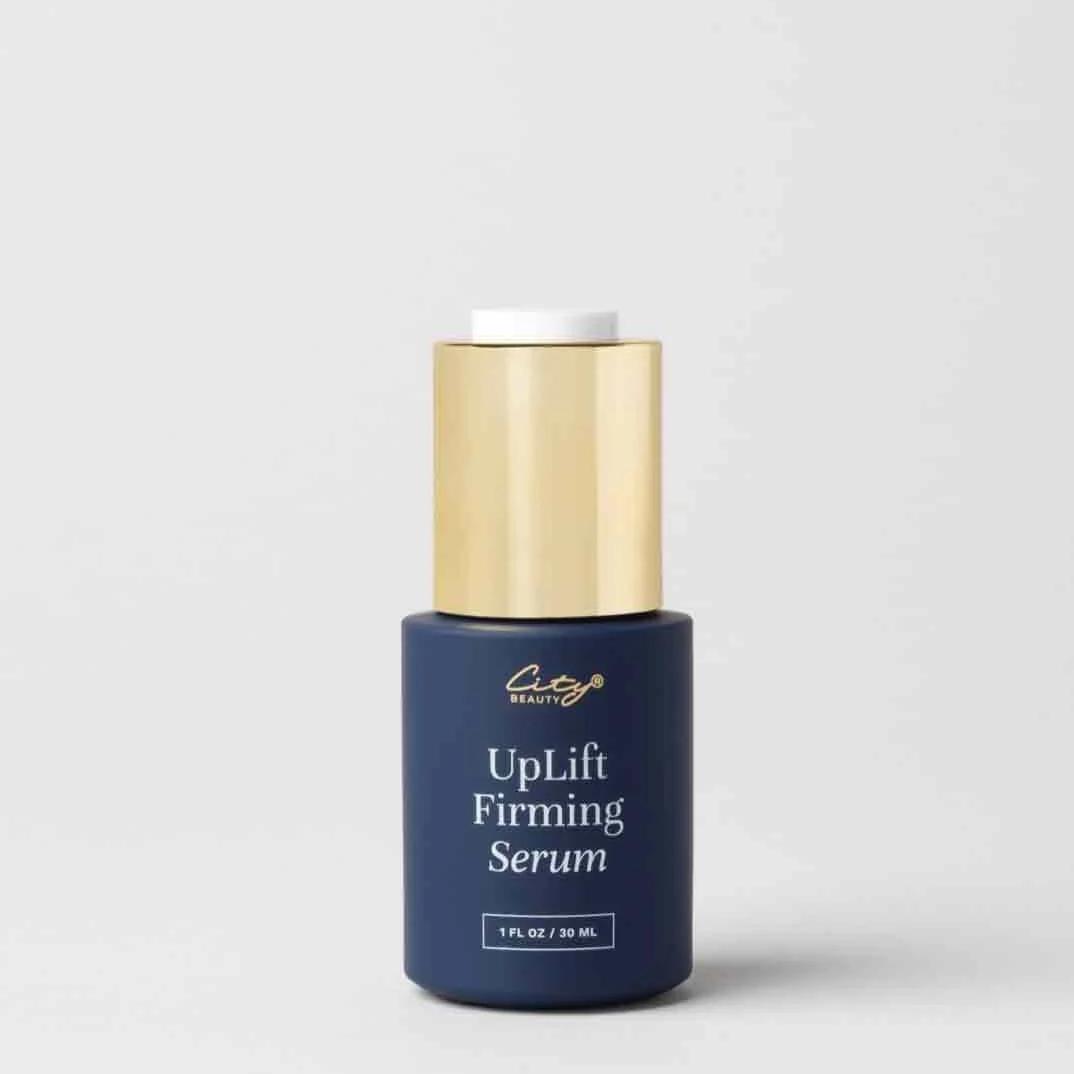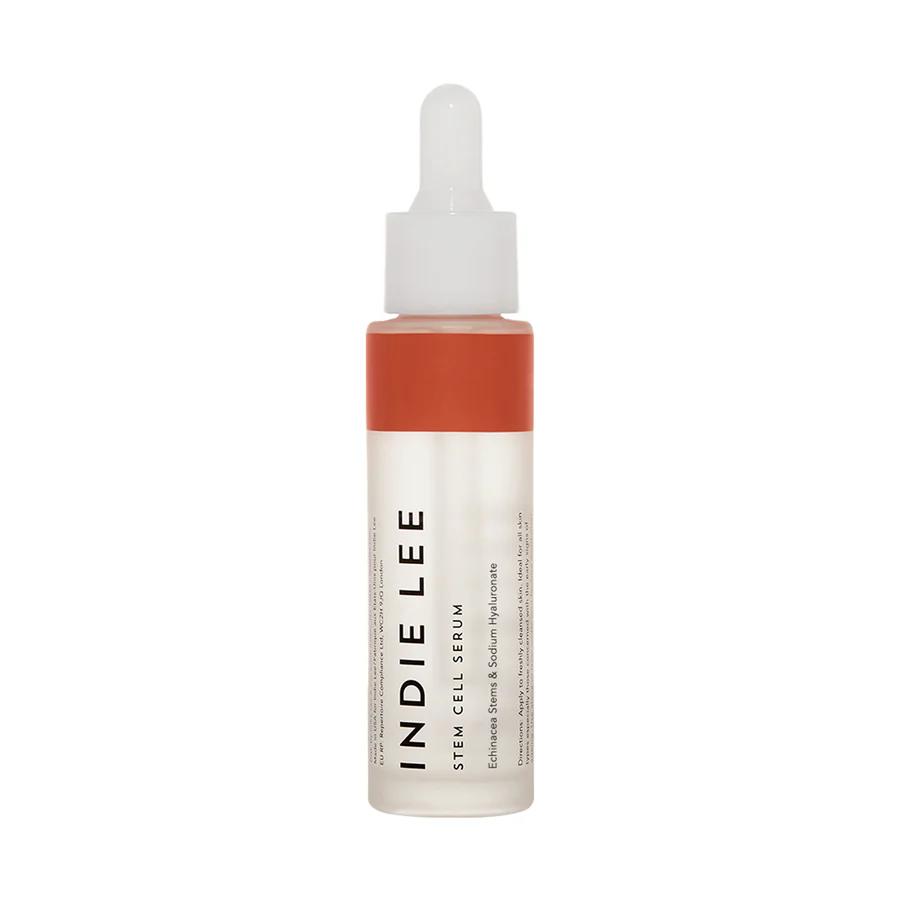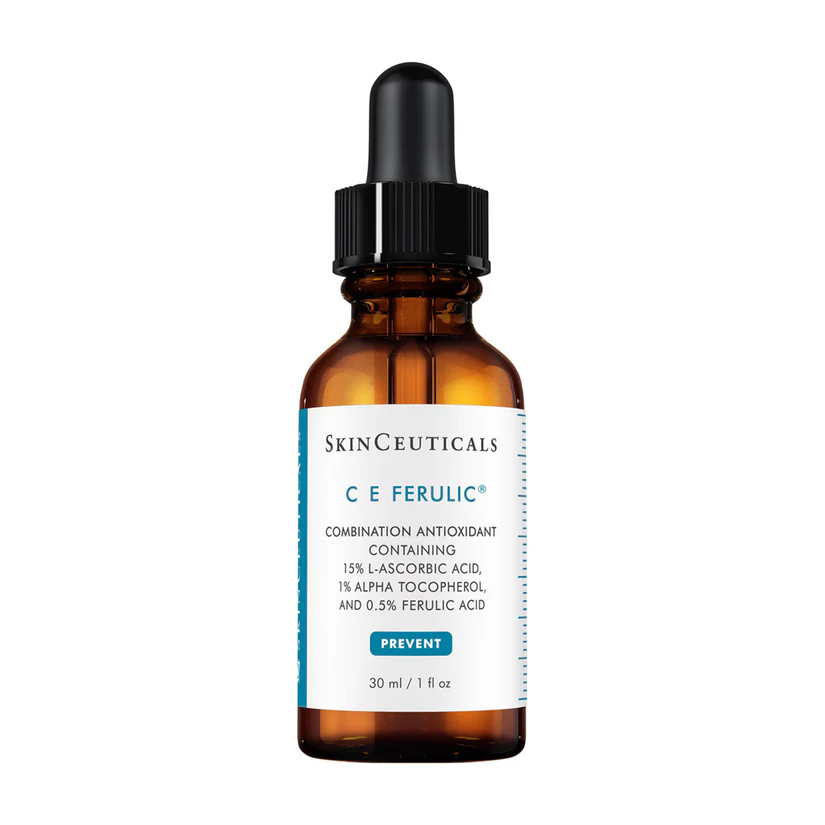The Importance of Sunscreen and Best SPF Products for Optimal Sun Protection
Sun protection is no joke, folks! We all love basking in those warm, golden rays, but let’s be real – UV rays are a double-edged sword. Sure, they give us that coveted sun-kissed glow, but they also come with some serious risks that we can’t afford to ignore.
Brace yourselves, because the statistics are a wake-up call. Skin cancer is on the rise, and premature aging is a harsh reality for those who don’t take sun protection seriously. But fear not, my friends! We have a secret weapon in our arsenal: sunscreen.
| Insight | Explanation |
|---|---|
| Sunscreen is a must-have | It’s not just a summer fling – sunscreen should be a year-round commitment. |
| Broad spectrum protection | Look for products that guard against both UVA and UVB rays. |
| SPF matters | The higher the SPF, the better the sun protection. Dermatologists recommend at least SPF 30. |
Now, let’s talk about the good stuff – the best SPF products that will keep your skin looking fabulous and healthy. We’ve scoured the market and done the research, so you don’t have to. Get ready to discover the ultimate sun protection heroes!
- Mineral sunscreens like zinc oxide and titanium dioxide are physical blockers that reflect those pesky UV rays.
- Chemical sunscreens with ingredients like avobenzone and oxybenzone absorb the rays before they can wreak havoc on your skin.
Whether you prefer a lightweight, non-greasy formula or a tinted, matte finish, we’ve got you covered. And for our eco-conscious friends, we’ve even included reef-safe options that won’t harm our precious coral reefs.
So, buckle up and get ready to dive into the world of sun protection! Your skin will thank you for it.

Understanding SPF and Broad Spectrum Protection
Alright, let’s get down to the nitty-gritty of sun protection. You’ve probably seen those mysterious SPF numbers plastered all over sunscreen bottles, but what do they actually mean? Well, buckle up, because we’re about to demystify this crucial concept.
The SPF (or Sun Protection Factor) is a measure of how well a sunscreen can protect your skin from those pesky UVB rays – the ones responsible for those painful sunburns. But here’s the catch: UVB rays aren’t the only culprits. Enter UVA rays, the silent agers that can cause premature aging and even contribute to skin cancer.
| Insight | Dermatologists recommend using sunscreen with an SPF of at least 30 for optimal sun protection. |
|---|---|
| Broad spectrum is key | Look for sunscreens labeled “broad spectrum” to ensure protection against both UVA and UVB rays. |
| SPF recommendations | Dermatologists recommend using a sunscreen with an SPF of at least 30 for optimal sun protection. |
| Reapplication is crucial | No matter how high the SPF, sunscreen needs to be reapplied every two hours (or more frequently if swimming or sweating). |
Now, let’s talk numbers. An SPF 30 sunscreen blocks about 97% of UVB rays, while an SPF 50 blocks around 98%. But here’s the kicker: no sunscreen can block 100% of those pesky rays, so don’t get too cocky!
- SPF 15 blocks about 93% of UVB rays
- SPF 30 blocks about 97% of UVB rays
- SPF 50 blocks about 98% of UVB rays
So, what’s the verdict? Broad spectrum protection with a high SPF is your best bet for keeping your skin safe and radiant. But don’t just take our word for it – dermatologists and health organizations worldwide have been preaching the gospel of sun protection for years.
Stay tuned, because we’re just getting started! Next up, we’ll dive into the different types of sunscreens and help you find the perfect match for your skin.
Types of Sunscreens
Alright, sunscreen aficionados, it’s time to dive into the nitty-gritty of the different types of sun protection out there. Brace yourselves, because this is where things get interesting!
Physical/Mineral Sunscreens
Let’s start with the OGs of the sunscreen world: mineral sunscreens. These bad boys use natural ingredients like zinc oxide and titanium dioxide to create a physical barrier that reflects those pesky UV rays away from your skin.
| Pros | Cons |
|---|---|
| Reef-safe and gentle on sensitive skin | Can leave a white cast or greasy finish |
| Provide broad spectrum protection | May require more frequent reapplication |
If you’re looking for a top-notch mineral sunscreen, check out the Mineral Sunscreen SPF 50 Total Protection No Show. It’s a game-changer for those who want sun protection without the dreaded white cast.

Chemical Sunscreens
On the other side of the spectrum, we have chemical sunscreens. These guys use a cocktail of synthetic ingredients like avobenzone and oxybenzone to absorb those UV rays before they can wreak havoc on your skin.
| Pros | Cons |
|---|---|
| Lightweight and cosmetically elegant | Potential for skin irritation or allergic reactions |
| Often provide broad spectrum protection | Some ingredients may not be reef-safe |
If you’re looking for a dynamic duo that combines sun protection with skincare benefits, check out the Primer Moisturizer UV Expert Defense SPF 50 Duo. It’s a chemical sunscreen that also primes and hydrates your skin, leaving you with a flawless base for makeup.
Combination Sunscreens
But wait, there’s more! Some sunscreens combine the best of both worlds, using a blend of mineral and chemical filters to provide optimal sun protection. These hybrid formulas often offer broad-spectrum coverage while addressing specific skin concerns.
For those with sensitive skin, the Starter Kit for Sensitive Skin & Blemish Control is a game-changer. It includes a gentle, mineral-based sunscreen that won’t irritate your delicate complexion.
And for those who want a complete skincare routine that includes sun protection, the Complete Skincare Kit Essentials for Immediate Results has got you covered. It features a broad-spectrum sunscreen that works seamlessly with the other products in the kit.
No matter which type of sunscreen you choose, remember: that sun protection is a non-negotiable step in your skincare routine. So, slather it on, and let’s keep those UV rays at bay!
Top Sunscreen Recommendations
Alright, sunscreen enthusiasts, it’s time to get down to the good stuff – our top sunscreen recommendations! We’ve scoured the market, tested countless formulas, and consulted with dermatologists to bring you the crème de la crème of sun protection.
Best Physical/Mineral Sunscreen
When it comes to mineral sunscreens, our top pick is the Blue Lizard Sensitive Mineral Sunscreen SPF 50+. This bad boy is a true reef-safe champion, using zinc oxide and titanium dioxide to create a physical barrier against those pesky UV rays.
| Pros | Cons |
|---|---|
| Gentle and ideal for sensitive skin | Can leave a white cast |
| Water-resistant for up to 80 minutes | Thicker, greasier texture |
But don’t let the texture fool you – this sunscreen means business. It’s a favorite among dermatologists and outdoor enthusiasts alike, offering broad-spectrum protection that won’t let you down.
Best Chemical Sunscreens
In the chemical sunscreen arena, we have two standout performers:
- Banana Boat Light As Air Sunscreen Lotion SPF 50+: This lightweight formula is a game-changer for those who hate the greasy feel of traditional sunscreens. It’s non-greasy, fragrance-free, and provides broad spectrum protection without leaving a white cast.
- Equate Sport Broad Spectrum Sunscreen SPF 50: If you’re an active individual or a sports enthusiast, this is the sunscreen for you. It’s water-resistant, sweat-resistant, and won’t run into your eyes, making it perfect for outdoor adventures.
Reef-Safe Option
For our eco-conscious friends, we present the Thrive Bodyshield SPF 50. This mineral sunscreen is not only reef-safe, but it’s also free from harmful chemicals like oxybenzone and avobenzone. Plus, it’s water-resistant and provides broad spectrum protection, making it a versatile choice for beach days or outdoor activities.
| Insight | Explanation |
|---|---|
| Variety is key | Different sunscreens cater to different skin types and preferences. |
| Don’t skimp on SPF | Aim for an SPF of at least 30 for optimal sun protection. |
| Reapplication is crucial | No matter how good the sunscreen, reapplying every two hours is essential. |
So, there you have it, folks – our top picks for keeping your skin safe and radiant all year round. Remember, sun protection is a non-negotiable step in your skincare routine, so don’t skimp on the sunscreen!
Application Tips and Reminders
Alright, sunscreen aficionados, we’ve covered the importance of sun protection, the different types of sunscreens, and our top product recommendations. But wait, there’s more! Proper application is crucial to ensure you’re getting the most out of your SPF products.
Applying Sunscreen Like a Pro
First things first, let’s talk about quantity. When it comes to sunscreen, more is more. Most people apply way too little, which can seriously compromise the level of sun protection. Here’s a general guideline:
- For the face and neck: Use about a shot glass full (1 oz or 30 ml) of sunscreen.
- For the entire body: You’ll need around a shot glass full for each arm, leg, and torso.
| Insight | Explanation |
|---|---|
| Apply generously | Don’t be stingy with your sunscreen – slather it on! |
| Cover all exposed areas | Don’t forget often-missed spots like ears, lips, and the back of your neck. |
| Reapply, reapply, reapply! | No matter how high the SPF, sunscreen needs to be reapplied every two hours (or more frequently if swimming or sweating). |
Timing is Everything
When it comes to sun protection, timing is everything. Ideally, you should apply your sunscreen about 15-30 minutes before heading outdoors. This gives the formula time to absorb into your skin and create a protective barrier.
And don’t forget about those cloudy days! UV rays can still penetrate through clouds, so it’s essential to apply sunscreen even when the sun isn’t shining brightly.

Combining Sun Protection Measures
While sunscreen is a crucial line of defense, it shouldn’t be your only form of sun protection. For maximum safety, combine your SPF products with other measures, such as:
- Wearing protective clothing, like long-sleeved shirts and wide-brimmed hats
- Seeking shade whenever possible, especially during peak sun hours (10 AM to 4 PM)
- Wearing sunglasses to protect your eyes from harmful UV rays
Remember, sun protection is a lifestyle, not just a summer fling. By following these application tips and reminders, you’ll be well on your way to keeping your skin healthy, radiant, and protected from those pesky UV rays.
So, grab your favorite sunscreen, slather it on generously, and embrace the great outdoors with confidence!
Conclusion: Embracing the Sunscreen Lifestyle
Alright, sunscreen enthusiasts, we’ve covered a lot of ground in our quest for optimal sun protection. From decoding the mysteries of SPF and broad spectrum protection to exploring the different types of sunscreens and our top product recommendations, we’ve armed you with the knowledge to keep your skin safe and radiant.
But wait, there’s more! As we wrap up this sunscreen extravaganza, it’s time to drive home the importance of making sun protection a way of life.
Skin Health: A Lifelong Investment
Let’s be real – our skin is our largest organ, and it deserves to be treated with the utmost care and respect. By prioritizing sun protection, you’re not just safeguarding yourself against the risks of skin cancer and premature aging; you’re also investing in your overall well-being and confidence.
| Insight | Explanation |
|---|---|
| Prevention is key | It’s easier to prevent sun damage than to reverse it. |
| Consistency is crucial | Sun protection should be a daily habit, not just a summer fling. |
| Embrace the lifestyle | Incorporate sunscreen into your routine, just like brushing your teeth. |
Finding Your Perfect Match
We get it – not all sunscreens are created equal, and finding the perfect formula can feel like a never-ending quest. But fear not, my friends! With the wealth of information we’ve provided, you’re now equipped to navigate the sunscreen aisle like a pro.
Whether you prefer a lightweight, non-greasy formula or a tinted, matte finish, there’s a sunscreen out there that will tick all your boxes. And for our eco-conscious pals, we’ve got you covered with reef-safe options that won’t harm our precious coral reefs.
So, what are you waiting for? It’s time to embrace the sunscreen lifestyle and make sun protection a non-negotiable part of your daily routine. Slather on that SPF, seek shade when possible, and rock those stylish sun hats and sunglasses like a true sun-savvy fashionista.
Remember, your skin is a reflection of your overall health and well-being, and it deserves to be treated with the utmost care and respect. By prioritizing sun protection, you’re not just safeguarding yourself against the risks of skin cancer and premature aging; you’re also investing in your confidence, radiance, and overall quality of life.
So, let’s raise our sunscreen bottles in a toast to healthy, glowing skin and a lifetime of sun-safe adventures!
Here is a reference section with links to the sources used for information in the article:
References
- Skin Cancer Foundation – Sunscreen
- American Academy of Dermatology – Sunscreen FAQs
- EWG Sunscreen Guide
- FDA Sunscreen Information
- CDC Sun Safety
Product Links:
- Primer Moisturizer UV Expert Defense SPF 50 Duo
- Mineral Sunscreen SPF 50 Total Protection No Show
- Starter Kit for Sensitive Skin & Blemish Control
- Complete Skincare Kit Essentials for Immediate Results
FAQs
What SPF level should I use?
Most dermatologists recommend using sunscreen with an SPF of at least 30 for adequate sun protection. However, higher SPF levels like 50+ can provide even better protection against UVA/UVB rays.
Is a higher SPF always better?
Not necessarily. No sunscreen can block 100% of UV rays. A higher SPF does provide marginally better protection, but proper application and reapplication is more important than ultra-high SPF numbers.
Do I need to use sunscreen on cloudy days?
Yes! Up to 80% of UV rays can penetrate through clouds. Sun exposure is cumulative, so using sunscreen daily is crucial for preventing skin damage.
How much sunscreen should I apply?
Most people apply far too little sunscreen. For the face and neck, use around 1 oz or a shot glass full. For the full body, use enough to fill a shot glass for each arm, leg, and torso.
How often should I reapply sunscreen?
Sunscreen should be reapplied at least every 2 hours when outdoors, or immediately after swimming, sweating, or toweling off. No sunscreen is fully waterproof or sweatproof.